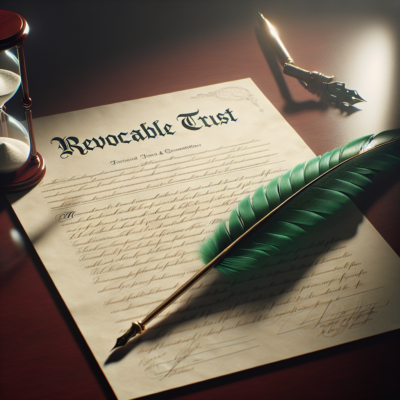De Varona Law has successfully defended its client in a contentious legal battle involving a disputed property deed. The case, brought by an estate that alleged an error on the deed, sought to challenge the client’s rightful ownership of the property. However, through strategic legal arguments and a deep understanding of Florida property law, De Varona Law emerged victorious.
Key Arguments That Won the Case
De Varona Law presented a compelling defense, emphasizing three crucial legal principles:
- The Deed’s Clarity – The firm demonstrated that the deed was clear and unambiguous, leaving no room for misinterpretation. In Florida, a properly executed and recorded deed holds significant legal weight, and the court recognized that no error invalidated the client’s ownership rights.
- Presumption in Favor of the Client – The legal team successfully argued that the law presumes in favor of the deed holder unless strong evidence proves otherwise. Since the opposing estate could not present sufficient proof to overcome this presumption, De Varona Law’s client retained their legal claim to the property.
- Adverse Possession Victory – Even if the estate had successfully challenged the deed, De Varona Law proved that the client had possessed, maintained, and cared for the property for over seven years. Under Florida law, this met the criteria for adverse possession, an alternative legal basis solidifying their claim.
Understanding Adverse Possession in Florida
Adverse possession is a legal doctrine that allows a person to gain legal ownership of a property if they have occupied it for a specific period under certain conditions. In Florida, an individual can claim adverse possession if they meet the following requirements:
- Open and Notorious Possession – The occupation of the property must be obvious to anyone, including the legal owner.
- Hostile Possession – The occupation must be without the permission of the original owner.
- Exclusive and Continuous Use – The claimant must be the sole user of the property for an uninterrupted period of at least seven years.
- Maintaining and Improving the Property – The individual must pay property taxes and make improvements to the land, reinforcing their claim.
By fulfilling these conditions, a claimant can legally acquire ownership of a property, as successfully demonstrated in this case.
De Varona Law: Your Trusted Advocate in Property Disputes
This case highlights De Varona Law’s expertise in property litigation and commitment to protecting its clients’ rights. Whether facing disputes over deeds, ownership challenges, or adverse possession claims, the firm provides strategic legal representation tailored to the unique circumstances of each case.
If you are involved in a property dispute or need legal guidance, contact De Varona Law today to secure your rights and safeguard your assets.De Varona Law has successfully defended its client in a contentious legal battle involving a disputed property deed. The case, brought by an estate that alleged an error on the deed, sought to challenge the client’s rightful ownership of the property. However, through strategic legal arguments and a deep understanding of Florida property law, De Varona Law emerged victorious.









